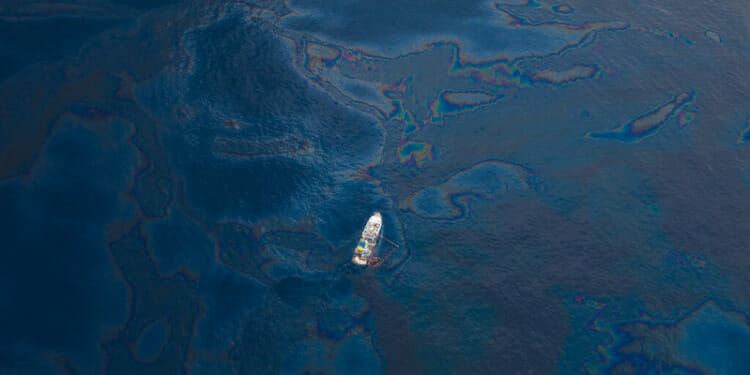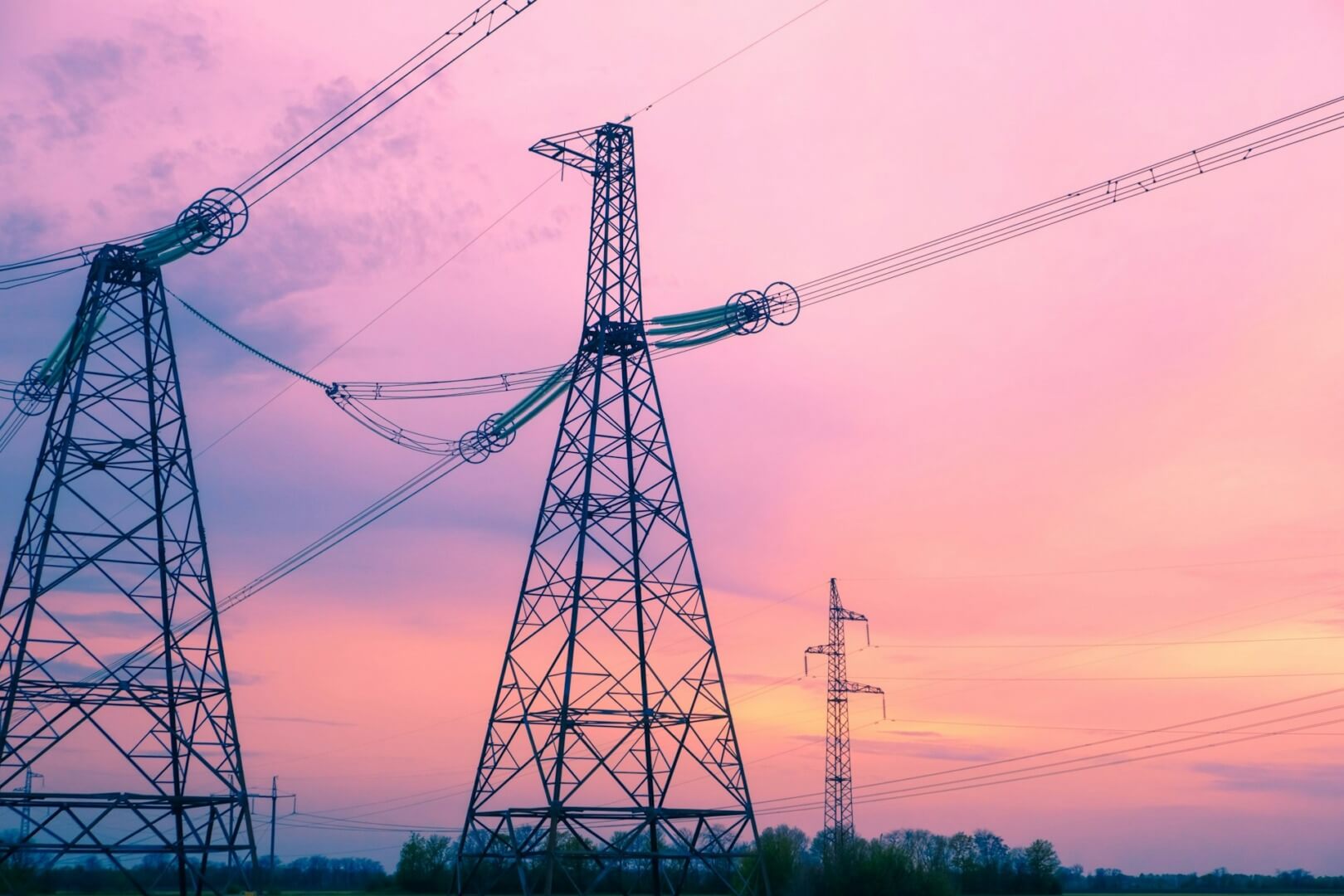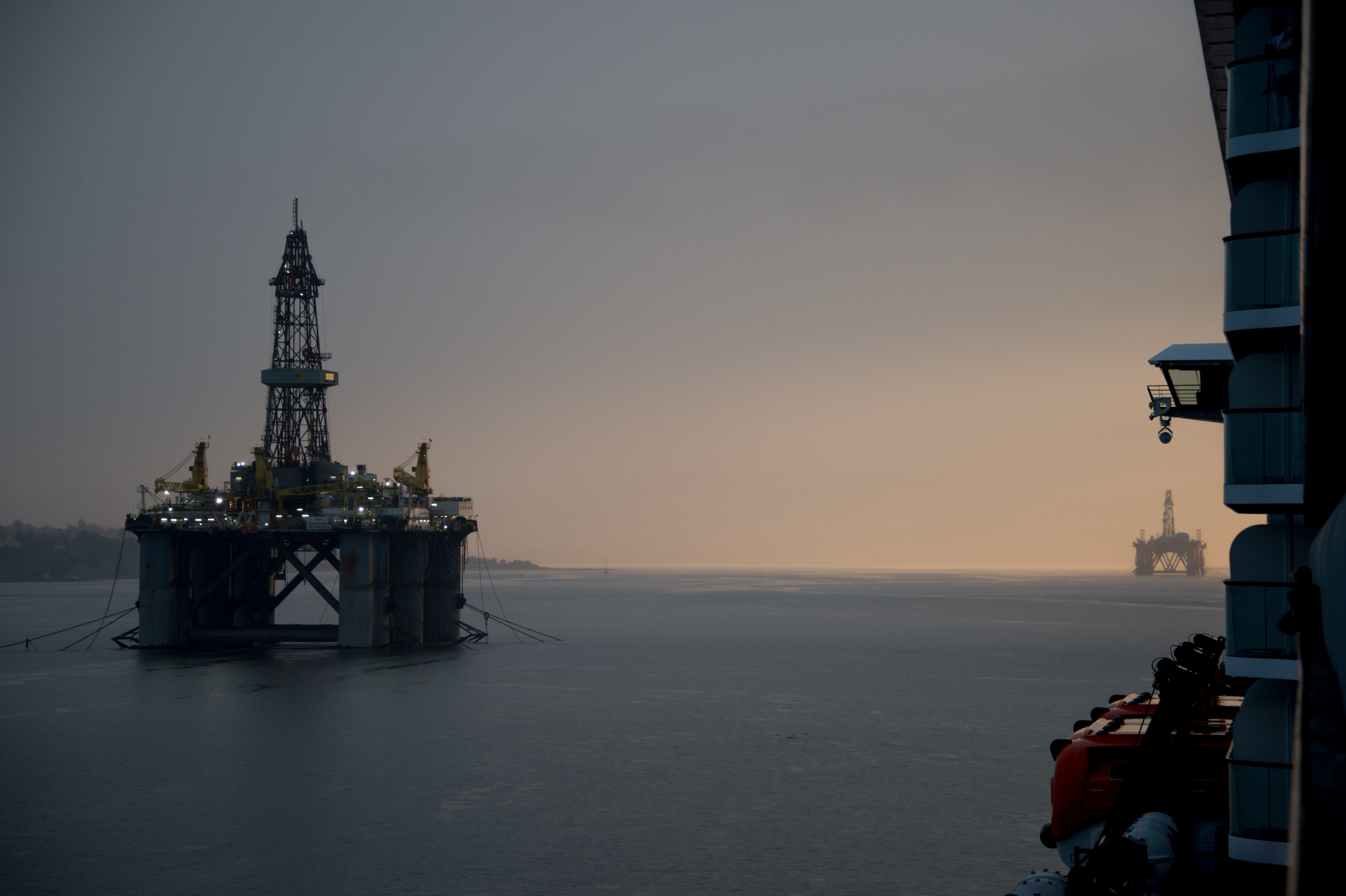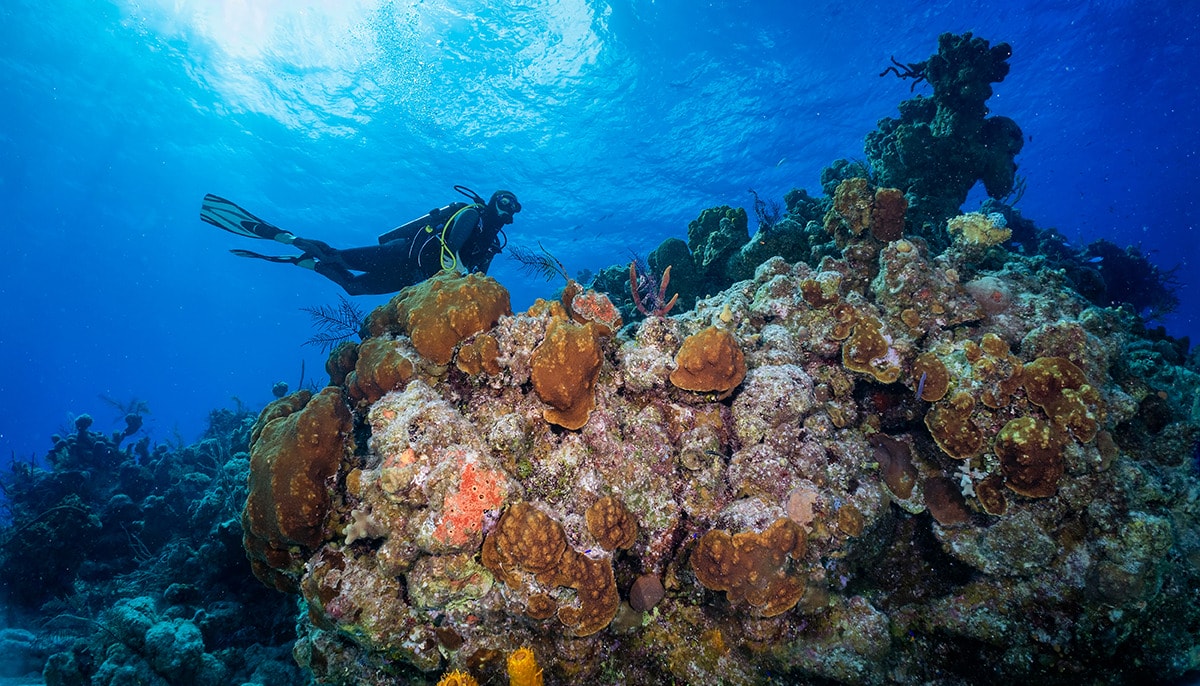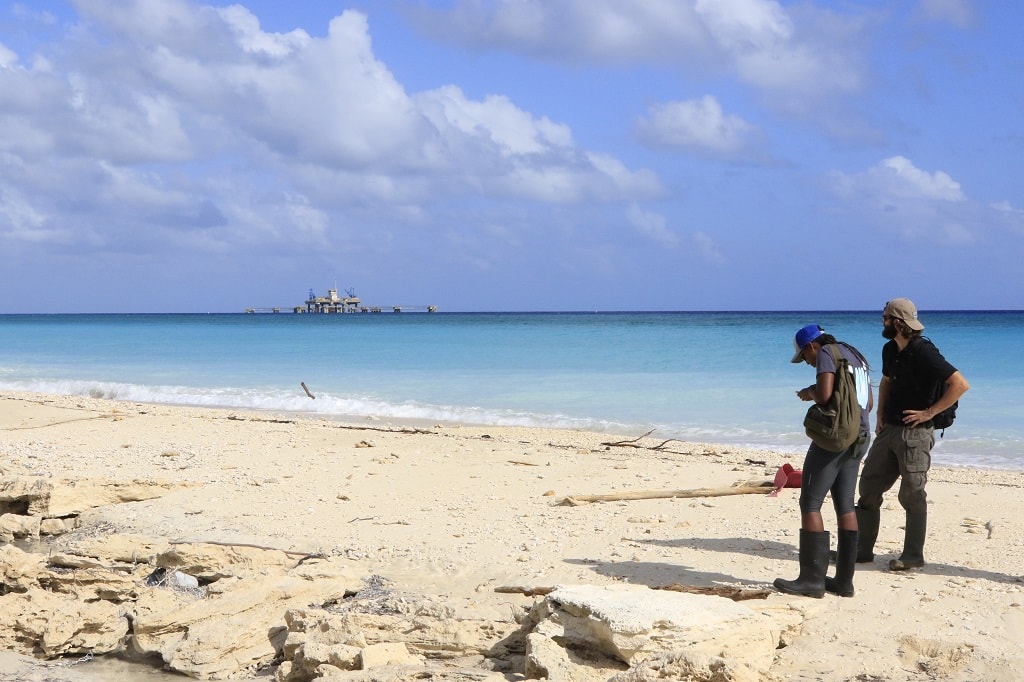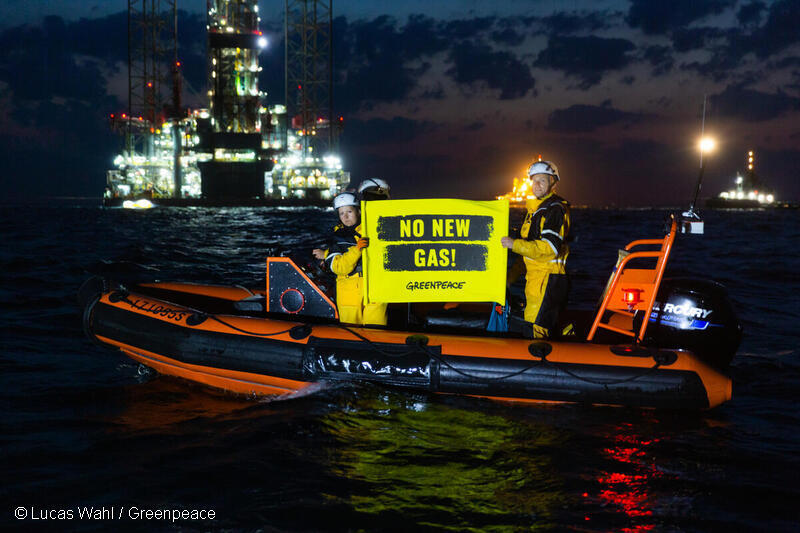Last Thursday, a federal judge revoked a massive oil and gas lease encompassing 80 million acres. The decision comes after a coalition of environmental groups sued the Biden Administration citing it went against the administration’s recent climate goals.
In what is considered a big win for environmentalists, the ruling canceled one of the largest auctions of oil and gas drilling in the gulf’s history — canceling the sale of 1.7 million acres of land.
How did this happen?
When the Biden administration first took office, one of their first initiatives was to put a stop to new oil and gas drilling. On January 27, 2021, Biden signed an executive order that paused new permits and directed the Department of the Interior to investigate existing programs related to fossil fuel development.
Despite attempts from the administration, a lawsuit in March 2021 from 13 different states led to a judgment from a federal court in Louisiana, blocking Biden’s executive order and allowing the permits to proceed. Passed in November, the new permits went through just days after the UN climate talks occurred in Scotland where Biden promised to stop new oil and gas permits to curb emissions.
The Gulf of Mexico auction ended up selling 1.7 million acres to large oil firms like Exxon, Chevron and BP — BP being the company responsible for the Deepwater Horizon oil spill in 2010, which resulted in 4 million barrels of oil flowing into the Gulf of Mexico over an 87-day period.
In the recent ruling, US District Court judge for the District of Columbia, Rudolph Contreras, stated the lease was invalid as the Department of Interior’s review did not consider the full climate effects the lease would have on the area. He further cited the lease was passed by the Department of Interior on an outdated analysis by the Trump administration which claimed that not drilling in the gulf would result in the United States having to increasingly rely on foreign oil and gas supply for its energy needs.
Judge Contreras also noted that the cancellation was proper as the sale was not yet effective, even though it had been the subject of an auction.
In response to the Thursday ruling, the Department of Interior spokesperson Melissa Schwartz tweeted a statement saying the Louisiana court ruling “compelled” the department to uphold the sale on the basis of the Trump administration’s analysis.
After the ruling, the Department of Interior is required to redo its environmental analysis and fix its greenhouse gas modeling.
A spokesperson for the American Petroleum Institute, Scott Lauermann, also told CNN Thursday they are reviewing their decisions and considering their options.
A big win for environmentalists, what this means for the future
The decision came after environmental law firm Earthjustice represented a coalition of environmental groups including the Center for Biological Diversity, Healthy Gulf and Friends of the Earth who sued the Biden administration to stop the lease.
After several months, the decision was a big victory for environmental groups fighting to stop oil and gas drilling.
Considered one of the most important regions for oil and gas drilling, the Gulf of Mexico accounts for roughly 15% of total crude oil production, 5% offshore natural gas production, 47% of U.S. petroleum refining capacity and 51% U.S. natural gas processing capacity.
As of 2022, roughly three major oil spills have occurred in the Gulf of Mexico.
The first one occurred decades ago in 1979, when Mexico-owned company Pemex spilled a total of 126 million gallons of oil from June 3rd, 1979 to March 23, 1980. The oil was the result of a circulation mud drilling failure causing an explosion that ended up leaking oil into the gulf’s waters.
The second oil spill is one of the longest oil spills in the gulf’s history, managing to span a total of 16 years. The Taylor Oil Spill happened in 2004, after Hurricane Ivan resulted in the destruction of the Taylor Energy oil platform. Roughly 6 years after the leakage occurred — the leak being kept under wraps by Taylor Oil — public attention to the contamination finally occurred after those monitoring the Deepwater Horizon Oil spill notified the authorities of the spill in 2010. The Washington Post estimated that roughly 300-700 barrels per day have been leaking from the site 12 miles from the coast of Louisiana since 2004. After years and years of damage, in 2019 US Coast Guard and other private contractors were finally able to contain most of the leakage.
The third oil spill is infamous as one of the largest oil spills in the Gulf of Mexico, the Deepwater Horizon oil spill. Occurring between April 20, 2010 and September 19, 2010, the leak caused by oil company BP spilled 4 million barrels of oil into the gulf. The leak was caused by an explosion at the Deepwater Horizon oil rig, 41 miles off the coast of Louisiana.
Some of the largest and most notorious oil leaks have wreaked havoc on the Gulf of Mexico for decades — some even lasting decades. One must wonder how much damage has been done in the Gulf of Mexico after so many years of oil spills.
For one thing, oil spills affect wildlife, killing and smothering a diverse array of marine life. Oil spills also directly affect the industry and people of the region. During the Deepwater Horizon oil spill, more than a third of federal water in the gulf was closed off for fishing due to fear of contamination and tourism declined due to contaminated beaches, leaving the area desolate of necessary income.
Oil spills have also taken people’s lives — the Deepwater Horizon oil spill taking the lives of 11 people.
The majority of these spills were accidental flaws in the system or the occurrence of natural disasters, but maybe that is all the more reason why oil and gas companies should not have permits in such faulty areas with such faulty equipment and faulty safety procedures.
The cancellation of new oil and gas permits in the Gulf of Mexico is almost like a first breath of fresh air for both environmentalists and the gulf. Hopefully, this trend will continue in America as Biden attempts to meet his climate goals and crackdown on oil and gas companies in order to lower emissions. As for now, celebration comes one cancellation at a time.
Editor’s Note: The opinions expressed here by Impakter.com contributors are their own, not those of Impakter.com. — Featured Photo: Deepwater Horizon oil spill in the Gulf of Mexico on June 16, 2010. Source: Kris Krüg, Flickr.


